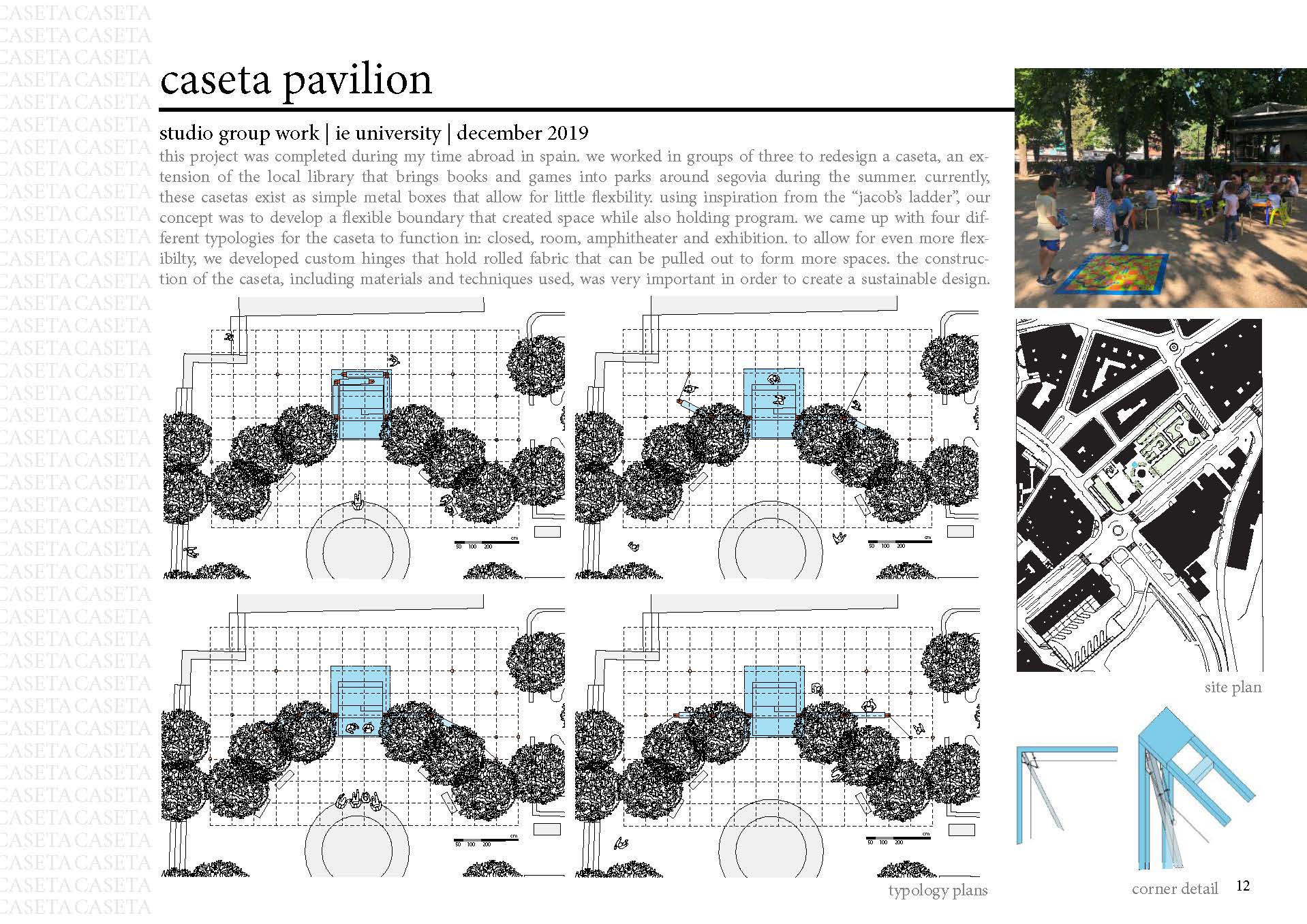Career Opportunities
- Architect
- Project Manager
- Interior architect
- Construction supervisor
- Building conservation
Multidisciplinary Skills
AutoCAD
Revit
Rhino
InDesign
3D printing
Design
Computer literacy
Knowledge of building laws/codes
Building construction
Industrial design
Share
Our NAAB accredited, STEM-certified program is design-focused, but with an approach that differs from most architecture schools. We find opportunities for design innovation within the realities of the contemporary urban condition, the real estate and construction industries, building preservation and conservations practices, current policy debates, pressing social and political debates, and climate change. Our curriculum, in other words, offers a form of radical pragmatism. This is how we intend to move architects to the center of the discussion about the future of the built environment and our cities.
The Master of Architecture degree leverages the School’s outstanding faculty and location in central Boston. The physical and cultural context of the entire metropolitan area serves as a laboratory for many of the program’s design studios, though we also reach outwardly to engage pressing global issues. In addition to design studio, students take seminars in architectural history, theory, and design strategy. Electives are available in real estate development, sustainable building techniques, and urban landscape. Students also take electives outside of the college and the school, capitalizing on the breadth and expertise represented in other Northeastern schools and departments. Students leave our program with a unique balance of technical, theoretical, and strategic tools to make a real difference in the profession.
As a culmination to the degree all students participate in a one-year independent Masters Research project in which they dive deeply into a topic to develop a shared body of research, which then informs an independent Design Thesis. In addition, the final year includes a one-year professional practice sequence that analyzes contingencies of successful architectural projects, including architectural offices and their project management strategies and real estate development criteria.
Three different curricula in the graduate program in Architecture lead to the Master of Architecture (MArch) degree:
- One-year track for students with a Bachelor of Science (BS) in Architecture from Northeastern University. Students with a professional Bachelor of Architecture degree from an accredited North American program with at least one year of IDP-approved professional experience may also be eligible.
- Two-year track for students with a BS in Architecture or equivalent from another US institution or a B.Arch degree from an institution outside the U.S. (All applicants to the 2-year program must submit a portfolio and evidence of sufficient coursework in building technology. Admission is at the discretion of the admissions committee, and decisions are made on a case-by-case basis.)
- Three-year track for students without a pre-professional bachelors degree in architecture. (Advanced placement available.)
Learning Outcomes
Students who graduate from Northeastern University with a degree in architecture, architectural studies or landscape architecture will have:
- Thorough 2D and 3D representation and modelling skills for deciphering and designing the built environment.
- Awareness of how global socio-cultural contexts influence the built environment, and how the built environment influences global communities.
- Thorough knowledge of sustainable and resilient design goals, strategies, and methods.
- Skills of communication and collaboration necessary for managing complex projects.
- Understanding of fundamental construction systems and techniques that shape the built environment.
- Critical ability to analyze and decipher complex environments.
- Exposure to the diverse range of professional opportunities and avenues for design of the built environment.
- Understanding of ethical responsibilities for designing the built environment.
- Additionally, all graduates of the Masters of Architecture program will possess the knowledge and skills to pursue architectural registration. Such skills and knowledge are defined by The National Architectural Accrediting Board (NAAB), which accredits professional degree programs in architecture.








